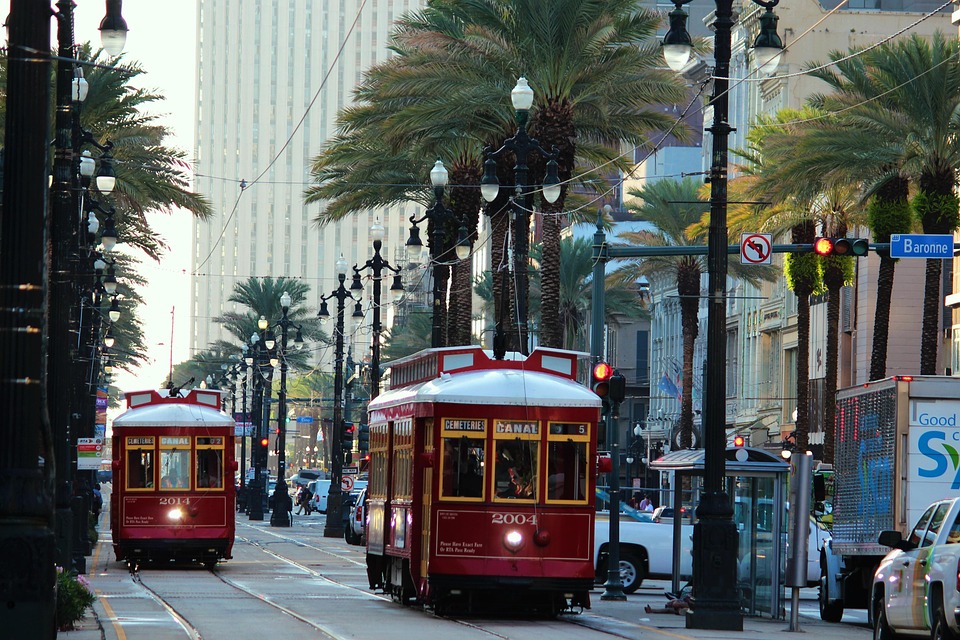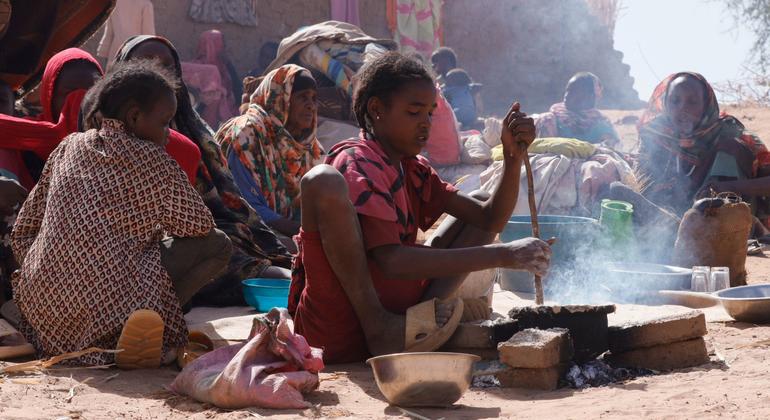In an address at the UN Security advice Friday, Mr. Guterres argued urgent for de -escalation, qualifying the confrontation in a spiral a decisive moment for the future of world security.
“” We do not derive towards the crisis – we run towards it“He said.
“It’s a moment that could shape the fate of nations …The expansion of this conflict could light a fire that no one can control“He warned.
Generalized panic, destruction
The secretary general’s remarks occurred in the midst of a civil report in Israel and Iran, and as several nuclear sites in Iran have made direct military assault.
More than 100 objectives have been achieved through Iran, including military and nuclear infrastructure such as nuclear installations in Natanz and Isfahan and the heavy water reactor in Khondab.
Iranian officials report more than 224 civil deaths, with some estimates twice as high. More than 2,500 would have been injured – while major cities like Tehran have seen mass travel, fuel shortages and general panic.
Iran responded with its own damage missile strikes on Israel, striking cities like such Aviv, Haifa and Beersheba. Critical civil sites, including the Soroka Medical Center and the Weizmann Research Institute, have been damaged. Twenty-four Israelis are confirmed dead, with more than 900 injured.
Give a chance to peace
Mr. Guterres urged the two parties to give diplomacy a chance, reiterating the need for complete Iranian cooperation with the United Nations Nuclear Energy Dog, Aieaand warn that The “only predictable thing about this conflict is its unpredictability”.
He also called for unit within the Security Council and to membership of Charter of the United Nations.
“The non-proliferation treaty is the cornerstone of international security,” he said. “Iran must respect it. But the only way to fill the gap of trust is by diplomacy – not destruction. ”
A broad view of the Security Council meeting on the Israeli-Iranian crisis.
Expansion of regional benefits
Rosemary Dicarlo, United Nations Under-Secretary General for Political Affairs, has echoed these concerns, offering an overview of violence and the increase in human toll.
“The vast majority are civilians,” she said, warning of a “real-time humanitarian crisis”.
The regional repercussions develop, the airspace restrictions now extending to Lebanon in Iraq. The missiles of the Houthi forces of Yemen have targeted Israel and occupied the Palestinian territory, while the armed groups in Iraq would have mobilized.
“Any new expansion of the conflict could have enormous consequences for international peace and security,” said Dicarlo.
It also underlined the global economic implications, noting that trade in the Vital Strait of Hormuz dropped by 15% in the midst of increasing tensions.
Serious warnings in nuclear security
The most alarming update, however, came from the director general of the IAEA, Rafael Grossi, who warned the council that Israeli attacks against Iranian nuclear installations degrade critical security systems and placing millions with potential radiological risks.
In Natanz, the destruction of electrical infrastructure and direct strikes in enrichment rooms have led to internal contamination. Although no radiological release has been detected outside the establishment, Mr. Grosi warned that uranium compounds are now pose significant health risks.
In Isfahan, several buildings – including a uranium conversion plant and a metal processing installation – have been affected. On the Khondab reactor site of Arak, the damage was suffered, although the installation is not operational.
The greatest risk, however, is the Bushehr nuclear power plant, which remains operational.
A direct strike, warned Mr. Grosi, “could lead to a high election of radioactivity to the environment”.
Million at risk
Even the disruption of his external diet could lead to a central collapse. In the worst case, the influence would affect populations hundreds of kilometers and would require massive evacuations.
Grossi also warned of any attack on the Tehran nuclear research reactor, which could endanger millions in the capital.
“” Nuclear installations and materials should not be surrounded by the fog of war“He said.We must maintain communication, transparency and restraint.“”
Stand
By concluding his briefing, Mr. Grossi promised that the AIEA would continue to monitor and report on the nuclear security conditions in Iran and reiterated his desire to mediate.
He stressed that the agency “can guarantee, through a system of waterproof inspections”, that nuclear weapons will not be developed in IranUndering dialogue.
“The alternative is a prolonged conflict-and an imminent nuclear threat that would erode the global non-proliferation regime.”
Originally published at Almouwatin.com








